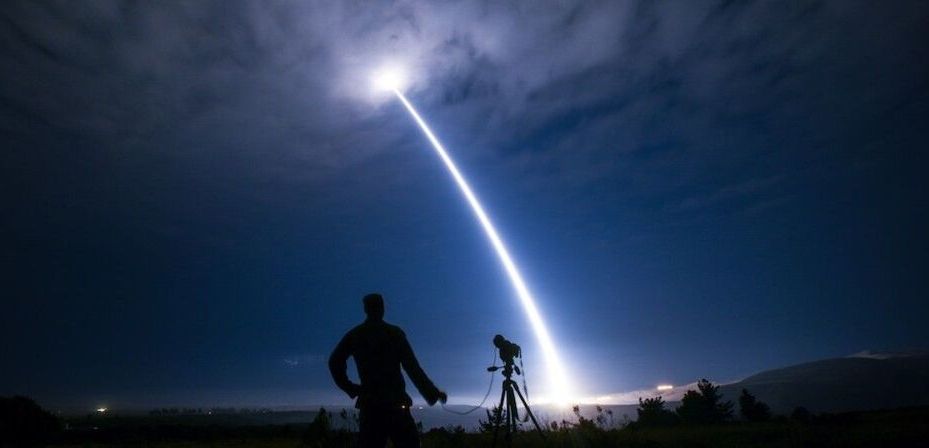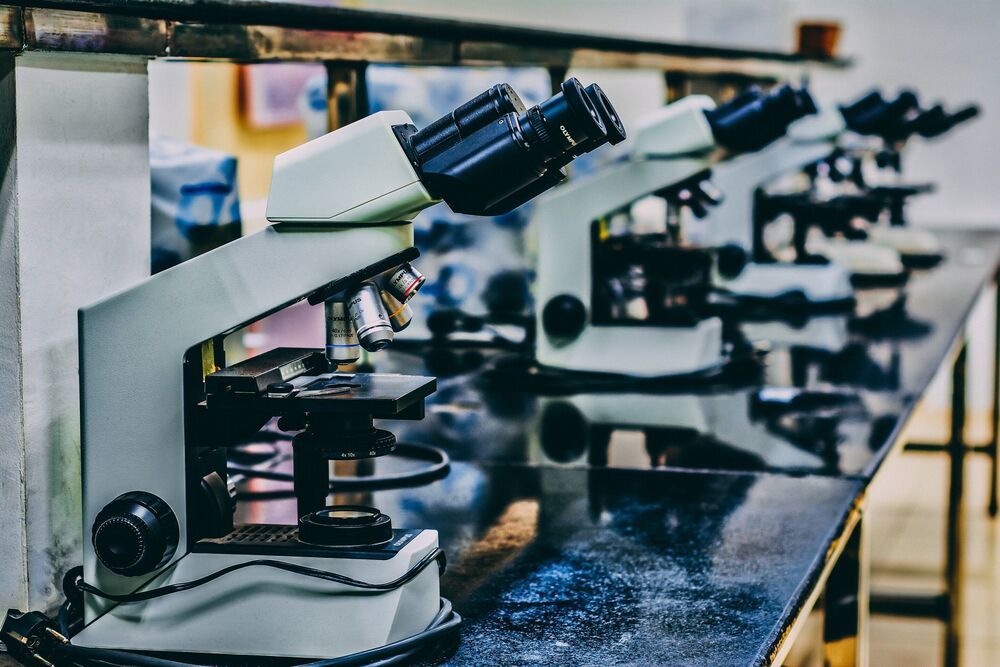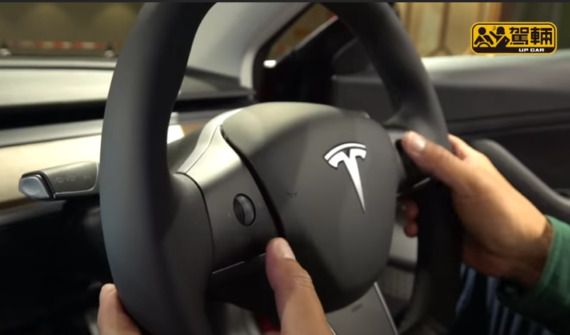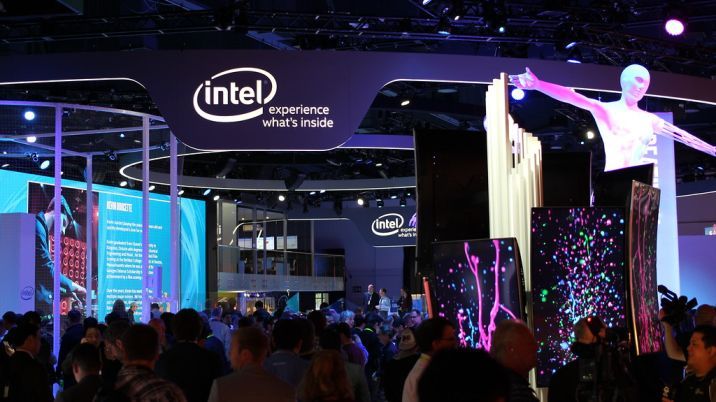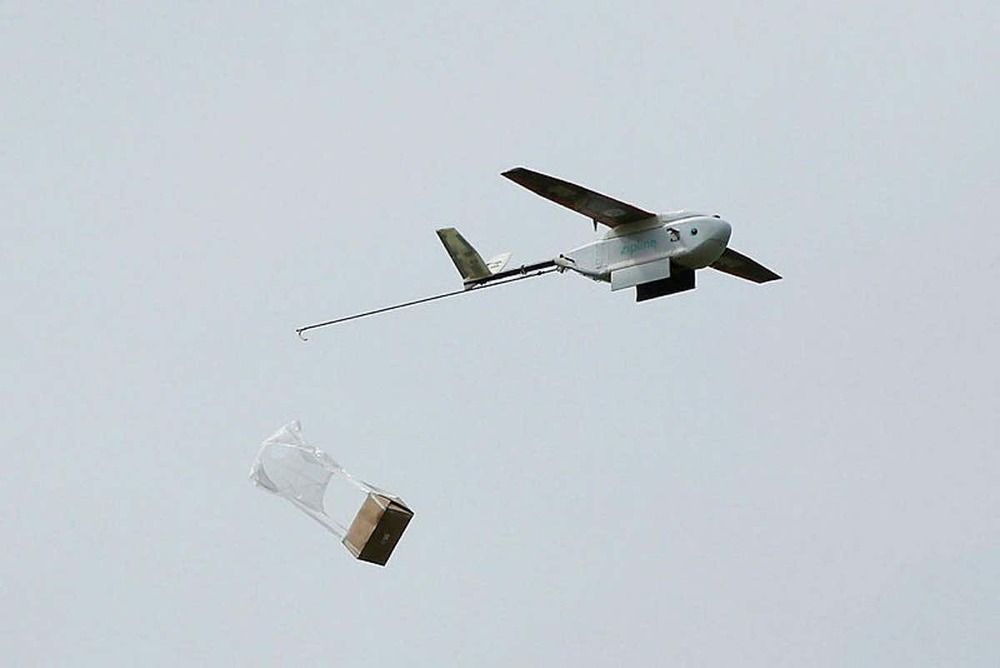Imagine this scenario: You’re deployed to some godforsaken hellhole downrange, in desperate need of additional ammo and chow. You call your superior officer for a very special airdrop: with approval from the U.S. Transportation Command, your cargo is launched into low earth orbit in a rocket-assisted payload. Within an hour, voila — fresh 5.56mm rounds and some delicious pizza MRE, ready to refresh your arsenal and renew your spirit.
The idea of space-borne resupply pods may seem like something out of science-fiction but it could someday be a reality for troops downrange, according to Army officials.
